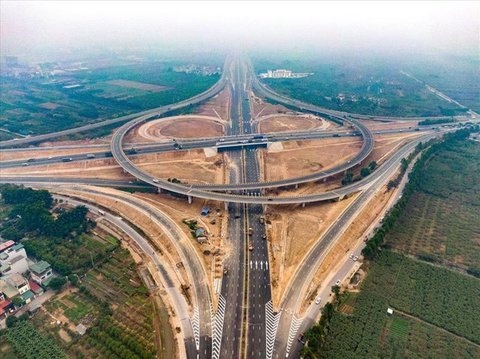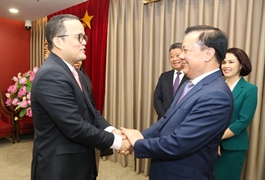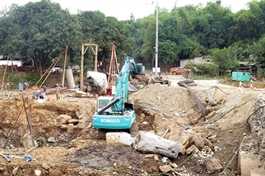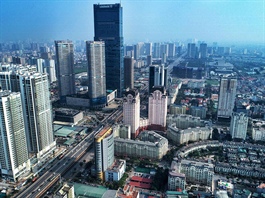MPI proposes higher cap for State's share in PPP projects
MPI proposes higher cap for State's share in PPP projects
Economists and policymakers have voiced their support over a proposal put before the National Assembly by the Ministry of Planning and Investment (MPI) to raise the State's contribution limit in public-private-partnership (PPP) infrastructure projects to 65 per cent.

|
The current limit for state contribution in PPP projects was set at 50 per cent.
They said as the economy slows down, it is important to introduce additional measures to encourage the private sector to participate in such projects lest they will grind to a halt.
With the State shouldering a larger share of the initial investments, there would be considerably less pressure on its private partners. However, it would likely result in long-term repercussions for the State's budget.
However, given the rather large number of critical infrastructure projects required to spearhead economic development in the coming decades and a gloomy economic outlook for the foreseeable future, raising the State's contribution limit could be a reasonable compromise in the short run.
The limit can be later adjusted, depending on the economy and what the country's legal framework would allow in the future.
The proposal also reviewed the effect of the State's contribution limit in PPP projects in remote and disadvantaged areas across the country, which typically attract few investors.
According to MPI, it is only logical the State should shoulder a larger share of the risk involved in such areas in comparison to that of investors. Conversely, investors should expect to contribute more to PPP projects in large cities and provinces.
Dr. Nguyen Huu Nguyen from the HCM City Urban Planning Development Association said lifting the cap on state contribution will help speed up the development of critical infrastructure projects, which largely fall under the State's responsibility.
Nguyen said even without participation from the private sector, such projects must be carried out.
From an investor's perspective, they have to balance between risk and profit, and in their eyes, only projects with good potential rates of return are worth considering.
Economist Ngo Tri Long said along with raising the limit, the central government must look into issues that are currently hindering the development of numerous infrastructure projects. He said it's a matter just as important for investors.























